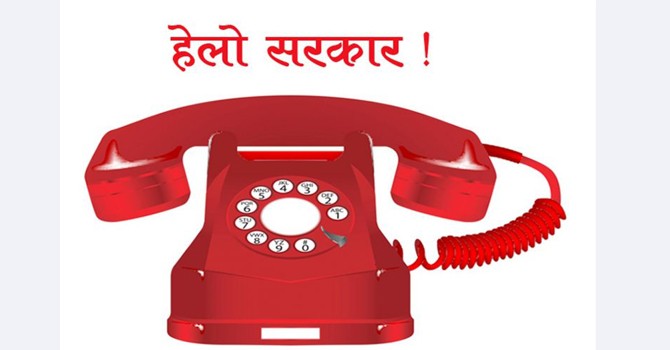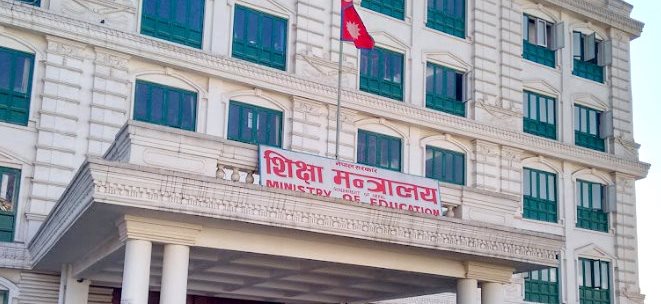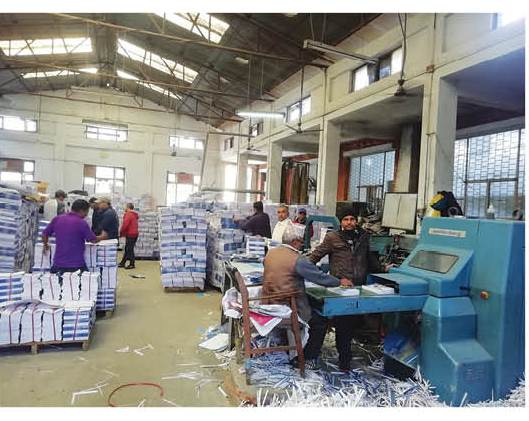Information and Technology Bill Regulating unbridled social media

Manjima Dhakal
The purposed Information and Technology Bill that is under consideration in the parliament has been hotly debated among the political leaders, media professionals and social media users. It has received the nod from the Development and Technology Committee of the House of Representatives but the government needs to muster broader consensus among the concerned stakeholders so that it will get though the legislative wing.
What is in Bill?
Introduced with the objective of managing IT sector in a comprehensive way, the Bill will replace the existing Electronic Transaction Act (ETA). It has a provision to ban on writing, posting and broadcasting any information that undermines the national security, sovereignty as well as spread hatred among the members of different castes and religions, and support those trying to create disturbances in the society. Likewise, it also restricts to change, modify electronic content with bad intention. Social media and internet domain should be operated only by registering at the concerned authorised bodies.
A person who repeatedly misuses social media and violates the privacy of the individuals will be slapped fine up to Rs. 1.5 million and five-year jail sentence as per the Bill. It legalises electronic records and digital signatures and seeks to conduct public services through digital medium. The government will set up an emergency support group for the management of technology in order to sort out possible technological glitches. Citing the provisions related to registration of social sites and punishment for their users, critics argue that the Bill violets media freedom, freedom of expression, personal security of people and other constitution-granted rights. But the government officials state that these provisions are for controlling abuses of social networking sites that run without any regulation. Regulative points aim at enhancing the media freedom, not curtailing it, they insist.
Minister for Communication and Information Technology, Gokul Prasad Baskota, has been saying that some political leaders have created unnecessary confusion over the Bill while hiding the facts and truth about it. Minister Baskota said: “It is the social media companies, not the social media users, which need to register themselves at the relevant offices. The government wants to assure that all social media can operate without any obstruction. We want to check anomalies of social media in line with the spirit and norms of an open society.”
However, Tara Nath Dahal, chair of Freedom Forum, said the government wanted to introduce the Bill as a criminal law which was not necessary because the existing Cyber Act could serve as the criminal law so the Bill in question must be a tort law.
Dahal insisted some provisions of the Bill needed to be amended for creating a free and fair society. Clauses regarding data protection and licensing and restriction of freedom of expression should be corrected. And the officials of cyber court must be independent persons, not those politically recruited, he added.
“The social media subject to huge punishment than other media if the Bill becomes a law. This is not fair and democratic,” he added.
Govinda Acharya, president of Federation of Nepali Journalists, said social media had to come under the government regulation so the Bill was essential. “However, some provisions have to be amended in the consent of the concerned stakeholders,” Acharya said.
Yasodha Devi Timilsina, former commissioner of the National Information Commission, said the Bill was necessary to protect real journalism and journalists from ill practices of social media. She requested all to accept the Bill on the condition that it could be amended in future if it created problem in the society.
“Currently, the cases of gender-based violence have increased in social media. Therefore, the Bill must come into effect to stop it,” she said.
Ganesh Basnet, subordinator of Press Organisation Nepal, said speaking against the bill was like making demands for committing crimes in the society. Therefore, the journalists committed to disseminating objective message must be happy with the bill, Basnet said.
Way forward
The Bill is vital to do away with bad elements and monopoly holding sway in social media. If the social media are not regulated and supervised, it will spread anomalies in society. Nonetheless, the Bill has given rise to some confusion owing to its vague language. This requires that the government should be more specific in mentioning provisions that are fiercely criticised in the public forums. In a similar manner, the provisions of punishment have to be revised and required to make it acceptable for all. Democracy can flourish only if the media operate as per the law. They are not above the law but this does not mean that draconian laws rule the roost and fundamental rights enshrined in the constitution are infringed upon.
(Dhakal is the TRN journalist)
Recent News

Do not make expressions casting dout on election: EC
14 Apr, 2022
CM Bhatta says may New Year 2079 BS inspire positive thinking
14 Apr, 2022
Three new cases, 44 recoveries in 24 hours
14 Apr, 2022
689 climbers of 84 teams so far acquire permits for climbing various peaks this spring season
14 Apr, 2022
How the rising cost of living crisis is impacting Nepal
14 Apr, 2022
US military confirms an interstellar meteor collided with Earth
14 Apr, 2022
Valneva Covid vaccine approved for use in UK
14 Apr, 2022
Chair Prachanda highlights need of unity among Maoist, Communist forces
14 Apr, 2022
Ranbir Kapoor and Alia Bhatt: Bollywood toasts star couple on wedding
14 Apr, 2022
President Bhandari confers decorations (Photo Feature)
14 Apr, 2022








